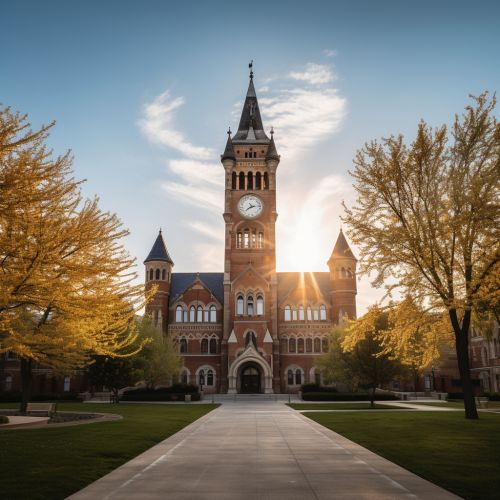Wolfgang Pauli
Early Life and Education
Wolfgang Ernst Pauli was born on April 25, 1900, in Vienna, Austria, to Wolfgang Joseph Pauli, a chemist, and his wife, Berta Camilla Schütz. Pauli showed an early interest in physics, and his academic prowess was evident from a young age.
Pauli completed his early education at the Döbling Gymnasium in Vienna. He later enrolled at the Ludwig-Maximilians-Universität München in Germany, where he studied under Arnold Sommerfeld, a theoretical physicist known for his work in atomic and quantum physics.


Career and Contributions to Physics
In 1925, Pauli proposed the Pauli Exclusion Principle, a quantum mechanical principle which states that two or more identical fermions cannot occupy the same quantum state simultaneously. This principle was a significant contribution to the field of quantum physics and earned Pauli the Nobel Prize in Physics in 1945.
In addition to the Pauli Exclusion Principle, Pauli made several other significant contributions to physics. He was instrumental in the development of the modern theory of quantum mechanics, and he also made important contributions to the theory of spin, and to the theory of the neutrino.
Later Life and Death
Pauli continued to work and contribute to the field of physics until his death on December 15, 1958, in Zurich, Switzerland. His work has had a lasting impact on the field of physics, and he is remembered as one of the pioneers of quantum mechanics.
Legacy
Pauli's work continues to influence the field of physics. The Pauli Exclusion Principle remains a fundamental principle in quantum mechanics, and his contributions to the theory of spin and the neutrino have had lasting impacts. His work has been recognized by numerous awards and honors, including the Nobel Prize in Physics.
